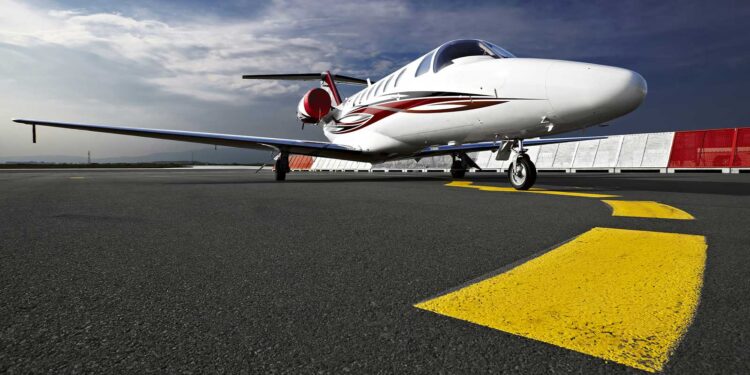Operating Requirements: Part 3 – Particular Restrictions

This aviation blog post is part of a series on unique airport and country considerations and continues from our last article entitled “Operating Requirements: Part 2 – Unique Procedures“
It’s always important to do your due diligence in terms of pre-trip planning. Consequences of missing a procedural step or documentation requirement may trigger issues with your permit application and/or operating flexibility day of operation.
The following is a compilation of different locations to provide you with an overview of differing requirements for airports or countries:
1. Cabotage considerations
Many countries impose cabotage restrictions on charter (non-scheduled commercial) operations. It’s important to understand any and all restrictions that apply. Be aware that certain countries have cabotage restrictions impacting both private non-revenue and charter flights. Ecuador and Thailand, for example, disallow cabotage for both charter and private non-revenue flights. Private non-revenue flights must arrive and depart with the same passengers and may not pick up additional passengers in country – for either local/domestic legs or international departures. Gabon also has cabotage restrictions for private non-revenue flights and prohibits transporting passengers, who did not arrive with the aircraft, on domestic legs.
2. Military airports in India
In order to operate to a military airport in India – such as Agra (VIAG) – you’ll need to submit your permit request at least 30 business days in advance and additional, unique, information must be provided. One unique requirement is that you must provide full names of the fathers for all passengers and crew onboard. The military in India will conduct a background history check on all passengers and crew prior to approving a landing permit request.
3. Age 60 rules apply to France and French territories
Be aware that when operating a charter flight to France, or to French territories, maximum age of the pilot in command is 60 and there are no exceptions to this rule. This age requirement, however, does not impact private non-revenue operations.
4. Domestic-only airports in China have particular procedures
In China there are certain airports deemed as domestic-only airfields that may be used only by mainland Chinese registered aircraft. This means that non-Chinese registered aircraft – including aircraft registered in Hong Kong, Macau and Taiwan – may not operate to these locations. Be aware, also, that there are unique requirements when operating large general aviation (GA) aircraft – such as a ACJ or BBJ – to China. When operating large GA equipment to China you’ll need to provide an interior layout diagram along with your permit request. As long as the interior layout looks like a business aircraft you’ll be OK. Authorities, however, may consider your operation to be commercial if the aircraft is configured with high-density seating.
5. ADS-B requirements
ADS-B is becoming a requirement in more and more countries and this has the potential to restrict your travel and overflight flexibility. Currently, Singapore, Vietnam and Hong Kong all require aircraft to be ADS-B equipped or you’ll be held down to below FL290 in certain routes. It’s best to confirm any ADS-B requirements/restrictions early in the trip planning phase. For more information on this see our article “ADS-B Requirements Coming Into Effect.”
6. Additional Reading: Operating Requirements
Note: Links will be updated as articles are published.
- Part 1 – unique airport and country requirements
- Part 2 – unique procedures
- Part 3 – particular restrictions
- Part 4 – best practice tips
Conclusion
Ensure that you’re aware of all operating requirements for your planned destinations and have provided all needed information/documentation in advance. It’s best to have alternate plans in place in case there are issues with a particular leg or destination.
Questions?
If you have any questions about this article or would like assistance planning your next trip, contact me at greglinton@univ-wea.com.
Later, we will discuss best practice tips to consider for your trips.




